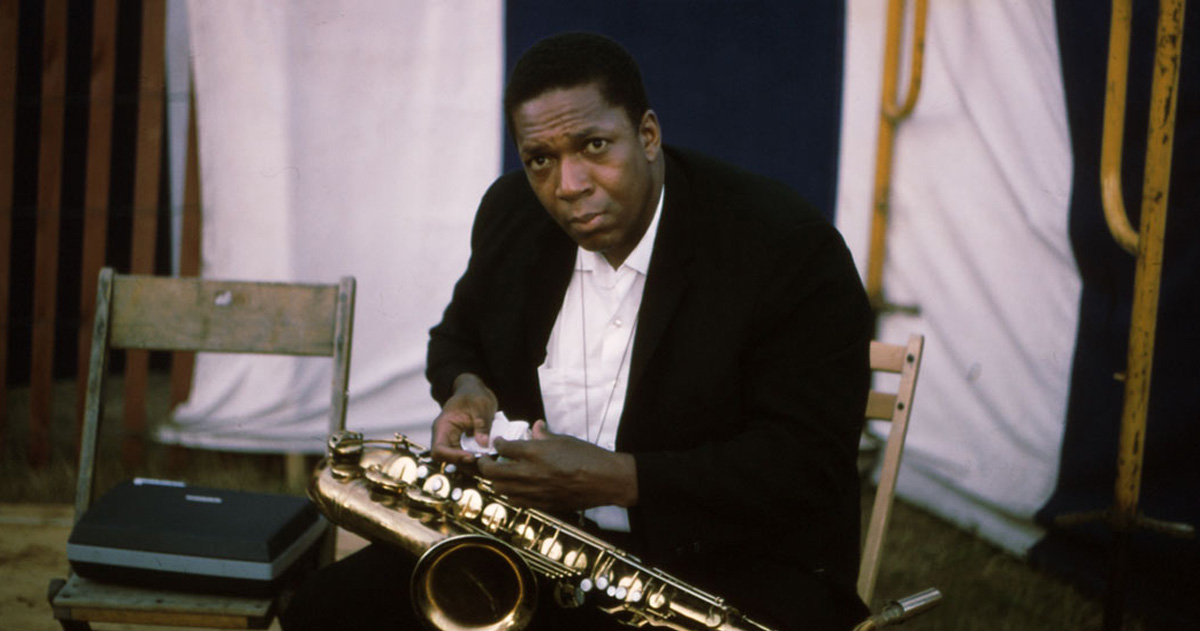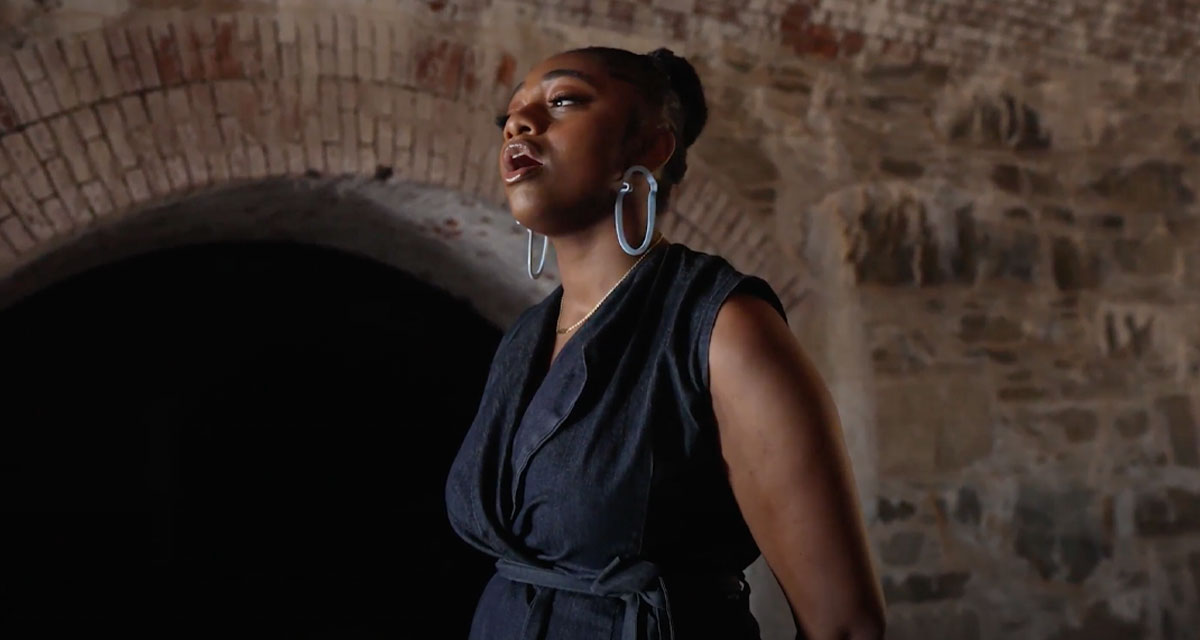
5 Influential Civil Rights Performances Live From Newport Jazz
by Christian McBride

In 1954, George Wein helped bring to life the first-ever jazz festival in America, setting the stage for a tradition that would forever change the cultural landscape. More than just a showcase of musical talent, the Festival became a platform for voices advocating for social change. Outspoken musicians such as Max Roach, Nina Simone, Charles Mingus, Abbey Lincoln, Miles Davis, and others set a powerful precedent – one that continues to resonate today.
Below are five recordings that we feel stand out as influential moments in Newport’s partnership with artists calling for change.
We Insist! Max Roach’s Freedom Now Suite
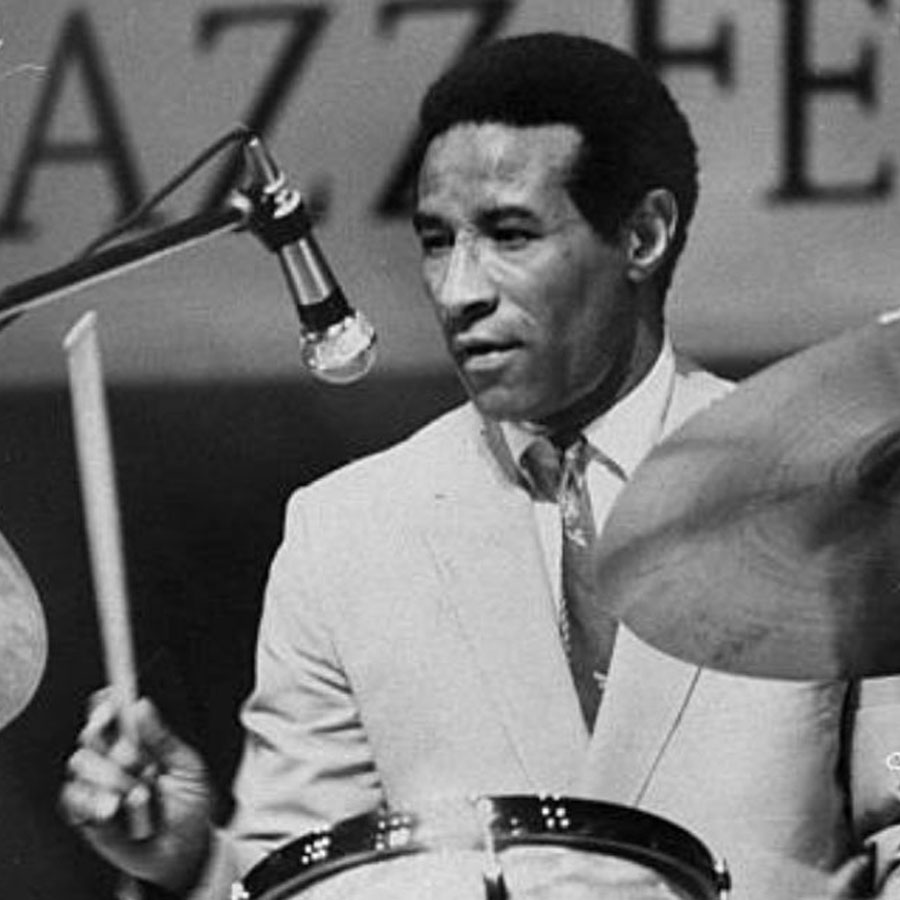
Written in 1959 by drummer Max Roach and lyricist Oscar Brown, Jr., We Insist! Freedom Now Suite sought to express the struggles faced by African-Americans in the United States – from the beginning of the slave trade to the Civil Rights movement of 1950s. Roach told Downbeat Magazine, “We American jazz musicians of African descent have proved beyond all doubt that we’re master musicians of our instruments. Now what we have to do is employ our skill to tell the dramatic story of our people and what we’ve been through.” In 1964 Roach performed the work at Newport Jazz with his wife Abbey Lincoln on vocals, Clifford Jordan on tenor saxophone, Eddie Kahn on bass, and Lonnie Liston Smith on piano.
Freedom Now Suite
Nina Simone – “Mississippi Goddam”
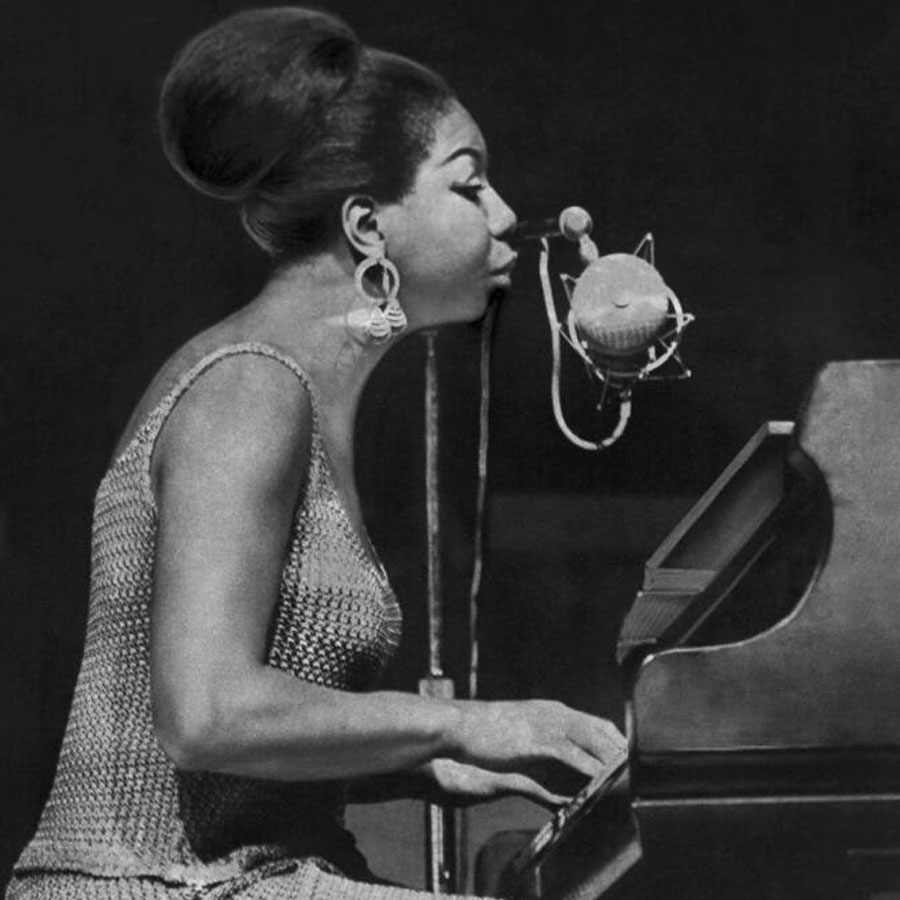
Nina Simone called “Mississippi Goddam” her first civil rights song – written by Simone in response to the 1963 Alabama church bombing that killed four little girls and the assassination of Medgar Evers in Mississippi that same year. The version Simone sung that day swings differently than earlier versions, less hectoring and includes the line “Watts has made me lose my rest,” a reference to the riots in Los Angeles on Aug. 11, 1965.
Mississippi Goddam
James Brown – “Say It Loud – I’m Black and I’m Proud”
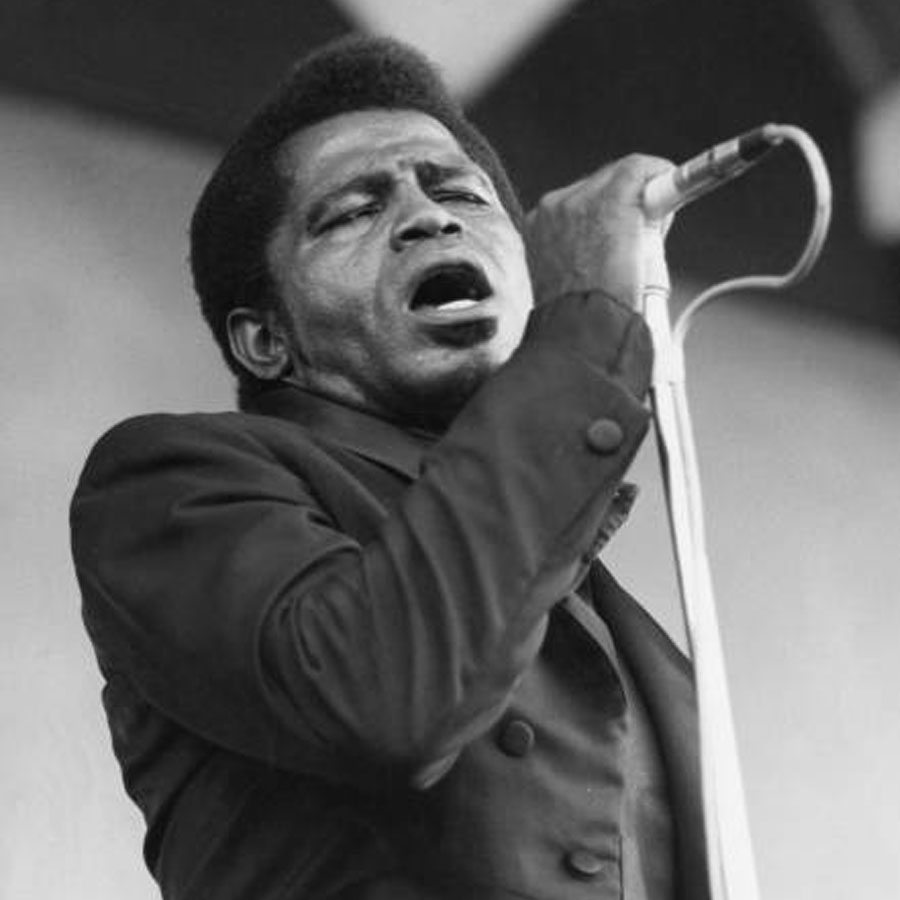
There were few artists hotter than James Brown in the summer of 1969. As far as Black music was concerned, he had no competition. His social anthem “Say It Loud – I’m Black and I’m Proud” was still atop the charts in 1969 when he opened with it at Newport Jazz. Written in 1968 by his band leader Pee Wee Ellis, the song explored themes of Black empowerment and self-reliance. It’s call-and-response chorus, which had Black America shouting back “I’m Black and I’m Proud”, served as a spark for Black Pride at a time when blackness was even being denigrated within black communities.
Say It Loud – I'm Black and I'm Proud
Charles Mingus – “Fables Of Faubus”
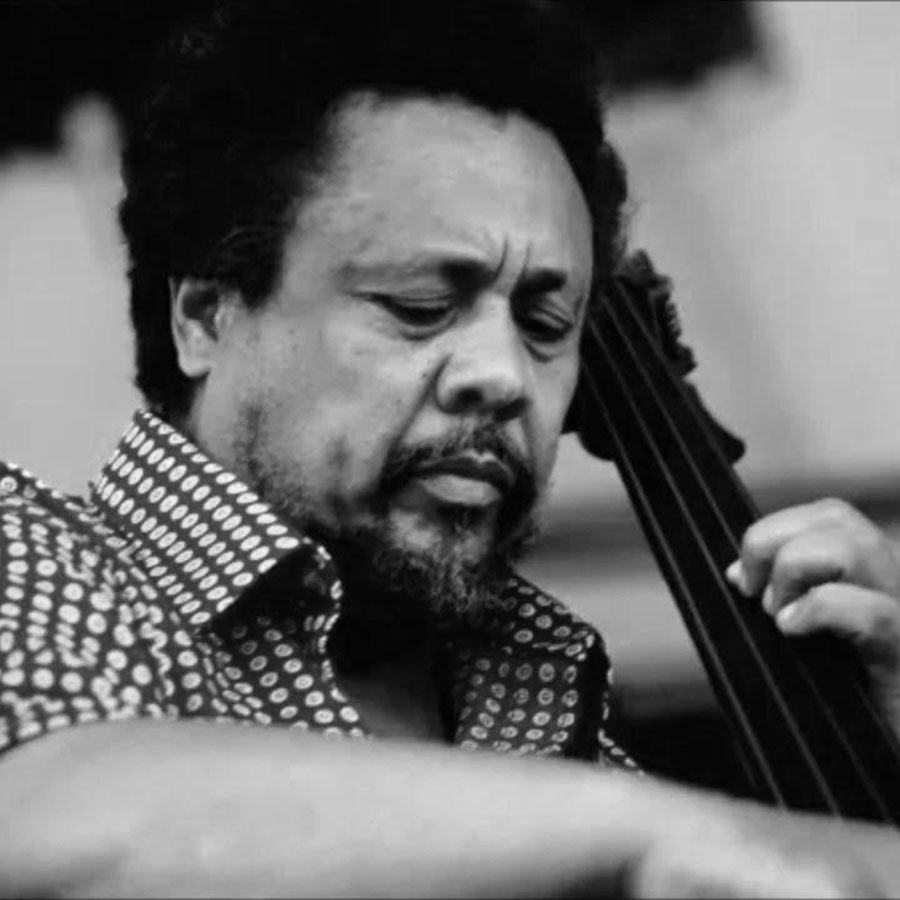
One of Mingus’ most overtly political expressions, “Fables of Faubus,” was written as a protest against Arkansas governor Orval Faubus, who defied the Supreme Court in 1957 by activating the National Guard to prevent the racial integration of Little Rock Central High School by nine African American teenagers. The recording below is the instrumental version of the song played in 1973 as part of Newport Jazz Festival in New York.
Fables of Faubus
Billie Holiday – “Strange Fruit”
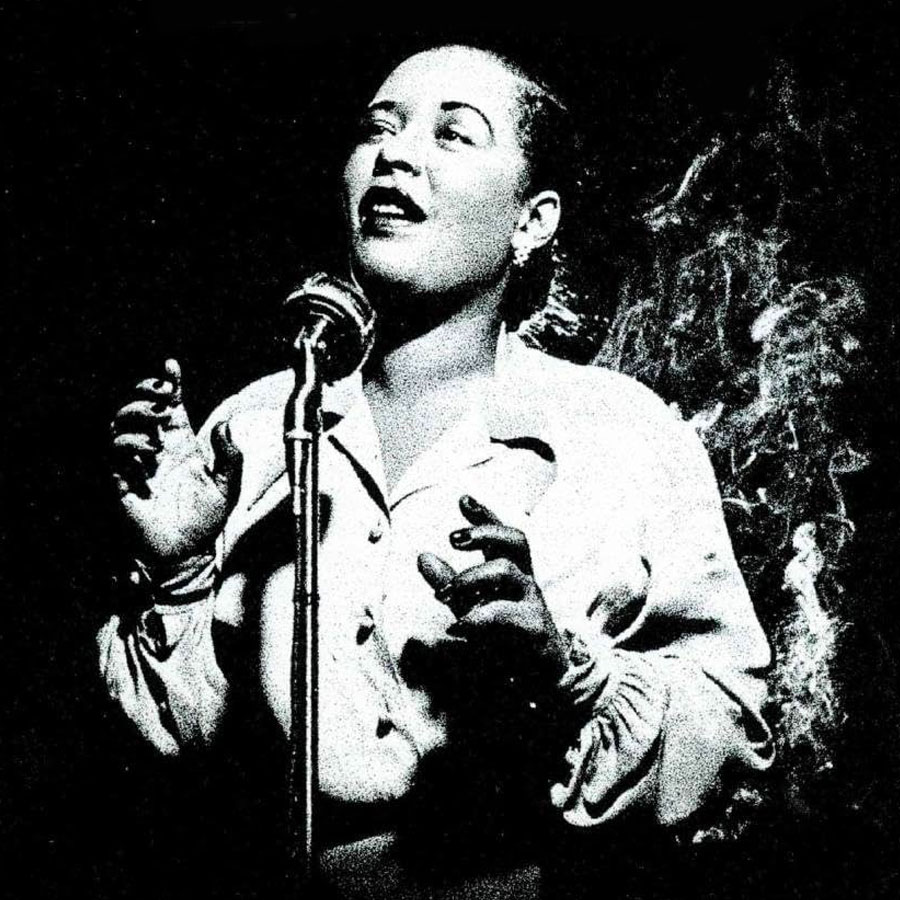
Before there was Newport Jazz, there was Storyville – George Wein’s famed Boston Jazz Club. This recording of Billie Holiday singing “Strange Fruit” was recorded there in 1951 and represents the oldest recording of our five selections. Written by Abel Meeropol as a protest song against the lynchings in the South, it was called “a declaration” and “the beginning of the civil rights movement” by the New York Times.
Strange Fruit


